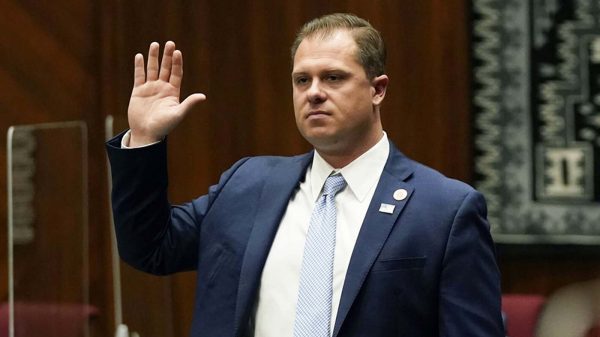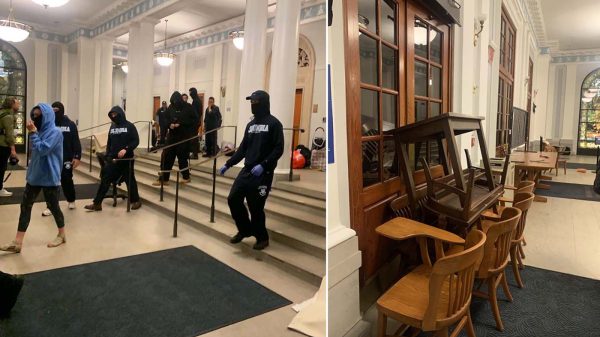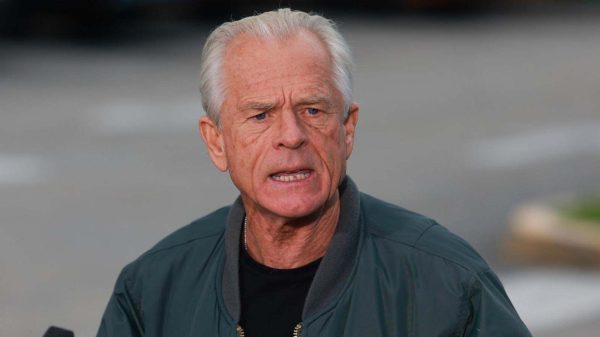The U.S. Secret Service has refused to provide The Heritage Foundation with a list of people possibly involved in the White House cocaine incident, claiming that such records are outside its authority.
After the Secret Service closed the investigation into the cocaine discovery in mid-July, the Heritage Foundation filed a Freedom of Information Act (FOIA) request seeking the list of hundreds of individuals who may have accessed the area where the substance was found. In a July 25 letter (pdf) from the Department of Homeland Security (DHS), the agency denied the request.
“As your request seeks records reflecting visitors or related information concerning the Office of the President, please be advised that these records are not Secret Service agency records subject to the FOIA,” the letter read.
“Rather, these records are governed by the Presidential Records Act … and remain under the exclusive legal custody and control of the White House.”
The DHS’s response to the FOIA request caused The Daily Signal, a news outlet of the Heritage Foundation, to suggest that the Secret Service may have “never created such a list in the first place.”
Steve Bradbury, a distinguished fellow at the think tank, dismissed the DHS arguments for not turning over the visitor list, pointing to the legal difference between an agency record and a presidential record.
The distinction is usually based on “who generates the record and whose business the record reflects,” he told the outlet. “If it’s an agency record, it’s subject to FOIA. If it’s a White House record, it’s covered by the Presidential Records Act.”
Mr. Bradbury said that the key question is whether the Secret Service used the White House logs to create its own new record.
If the Secret Service did use the White House records to create a “new document on its systems, which was its own list of suspects that it generated, that new document should” be available via a FOIA request, he said.
However if the Secret Service did not create a new document, it would suggest that the agency didn’t take the investigation seriously, Mr. Bradbury said. The Heritage Foundation intends to appeal the rejection.
This isn’t the first time that the Secret Service has turned down a FOIA request on the White House cocaine issue.
Jason Leopold, an investigative reporter at Bloomberg, had earlier asked for information such as emails, text messages, suspicious activity reporting, intelligence bulletins, letters, directives, and other such material referencing the cocaine found at the White House.
On July 11, the DHS notified Mr. Leopold that his request was denied, saying, “[There are] no records or documents available to you at this time.”















The people have a right to know what is going on in the white hose, they pay for the government
zero interviews, zero drug tests, opened and closed within a week, this was either a sham to look like they were doing their job, or they knew pretty early on who the culprit was and didn’t want to deal with it – either way they are not looking for justice but to protect the Bidens.
Obams transferred the the head of the SS when he refused to overlook too many things. It was a proud, well trained agency with high standards. The coke investigation was not difficult and on video ,ask the staffer.